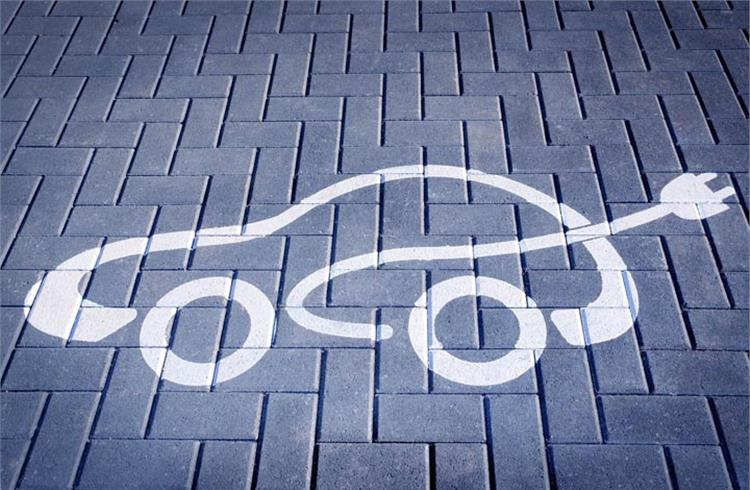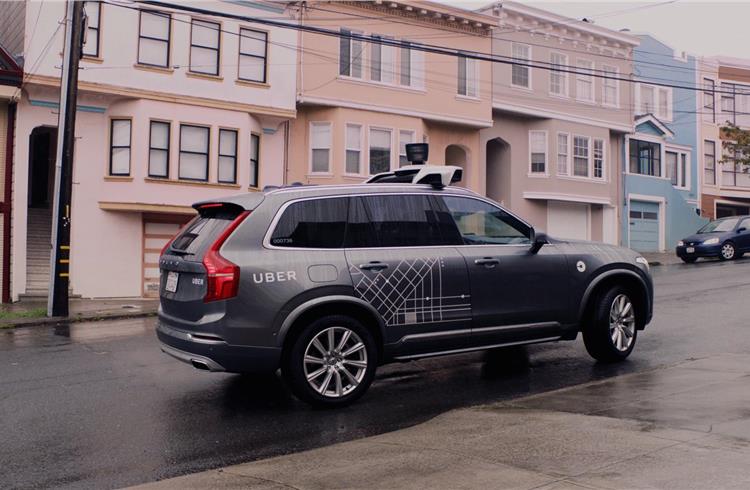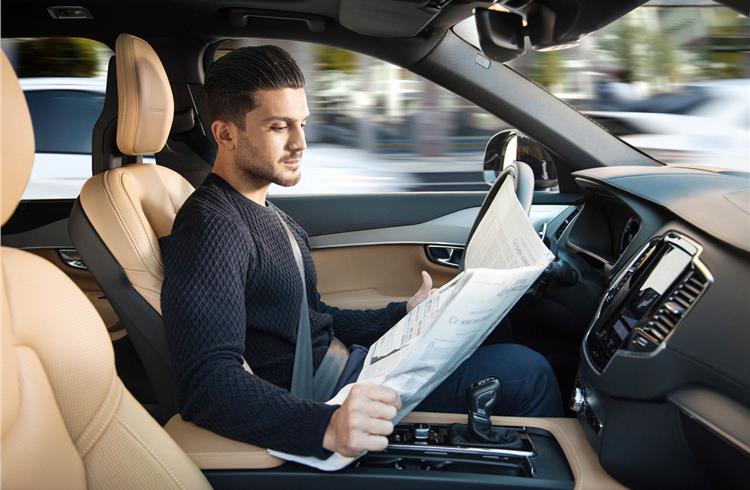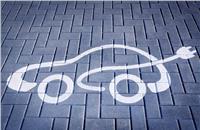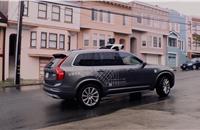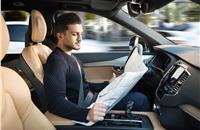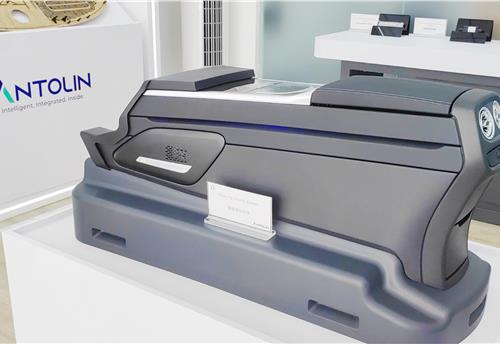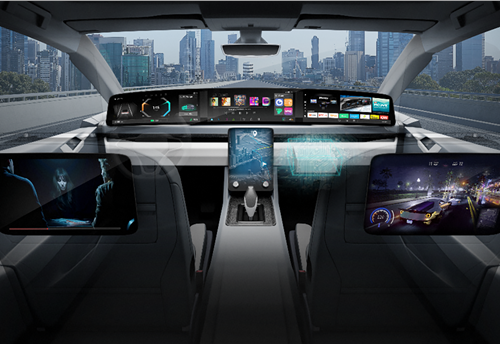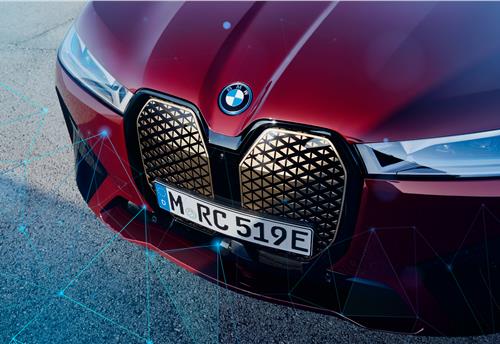Motorists worldwide bullish on autonomous driving and EVs: Roland Berger study
While as many as 46 percent of consumers worldwide would forgo having their own car if they could use self-driving taxis, 37 percent already consider an EV to be an attractive alternative.
The automotive industry the world over faces a radical transformation. Digitisation is already facilitating the availability of mobility services like car sharing and ride sharing and is opening up new sales channels. At the same time, electric drive vehicles are becoming an ever greater presence in the market. It seems there is no stopping the rapid advance of autonomous driving.
Faced with all of this technological disruption, it is interesting to consider how these new developments are going down with customers. If it were up to them, the future would be one of self-driving cars and electric vehicles. As many as 46 percent of consumers worldwide would not buy a car again if they had self-driving taxis, otherwise known as ‘robocabs’, at their disposal at lower cost. Moreover, 37 percent of consumers are already considering buying an electric vehicle (EVs) for their next car.
Tracking automotive disruption
These are the findings of Roland Berger's first ‘Automotive Disruption Radar’. Designed to help automotive industry players make investment decisions, the Automotive Disruption Radar is a publication for which the consultancy regularly examines the progress and the impact of disruptive trends like new mobility concepts, automated driving, interconnectivity and digital services plus electrification. The analysis captures the status quo and progress of developments in five especially relevant areas: regulation, technology, infrastructure, industry activity and customer interest.
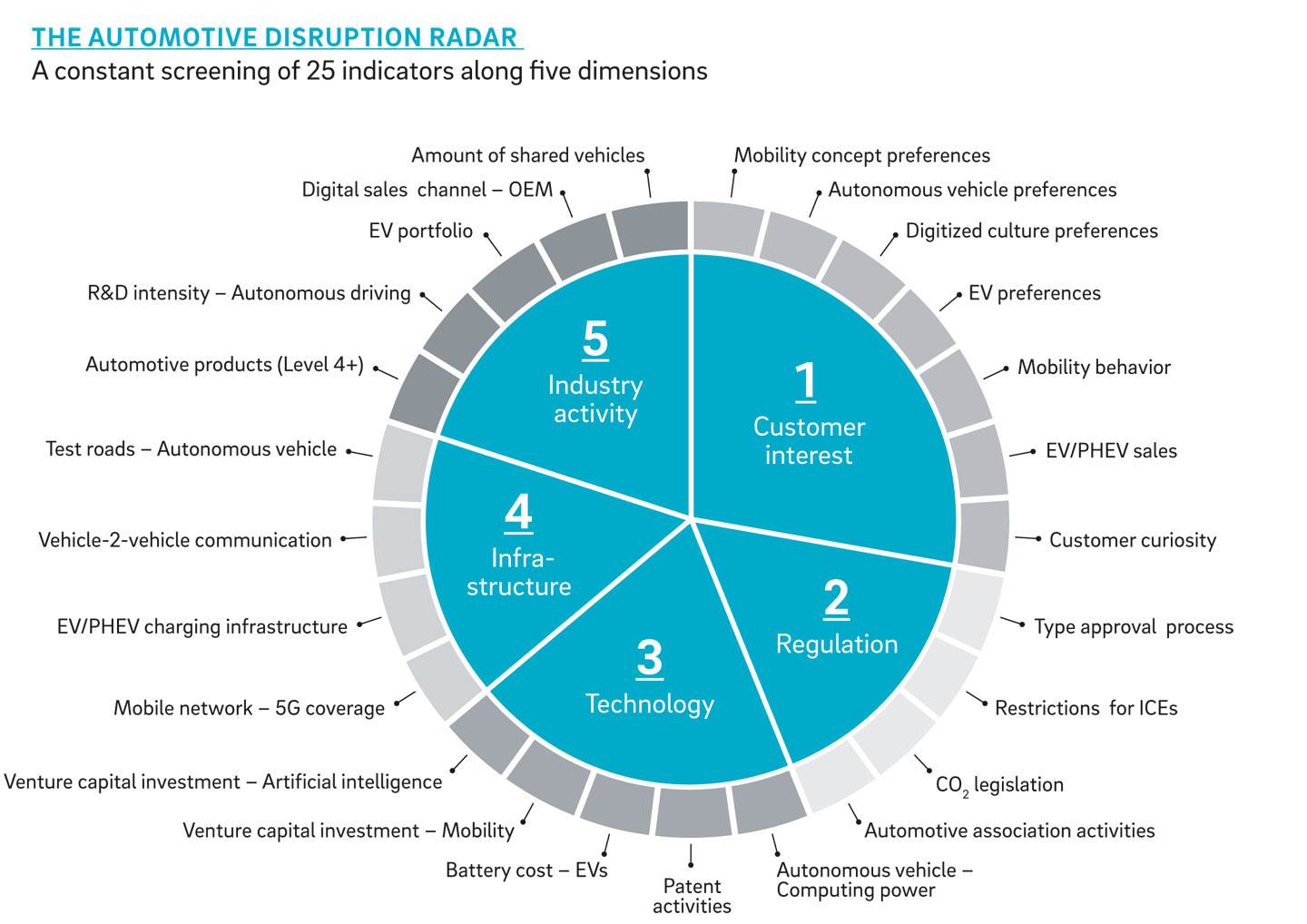
The experts from Roland Berger consider developments across 25 indices to produce a detailed analysis of these categories. To assess consumer sentiment, for example, the Radar incorporates the views of more than 10,000 consumers across 10 countries: China, France, Germany, India Japan, the Netherlands, Singapore, South Korea, the UK and the USA.
"The automotive industry faces numerous disruptive trends that it needs to manage all at once and this radical transformation will have significant consequences throughout the entire sector," says Marcus Berret, head of Roland Berger's global automotive competence centre. "Complete value chains will disappear, new business models will emerge – incumbent OEMs and suppliers need to face up to the changed competitive landscape. The Automotive Disruption Radar aims to help companies make investment decisions and better address the many complexities they face."
Asia demands new mobility concepts
Customers in Singapore and China express the strongest interest in new mobility concepts. 84 percent of study participants in Singapore and 83 percent in China said that they knew at least one person who had not bothered to buy their own car. Car sharing and ride sharing models meet with less of a positive response in other leading economic nations like the UK (37%), France (34%) and Japan (29%). The USA ranks last here with 22 percent.
"The attitude of consumers has changed, particularly influenced by the trend toward the sharing economy," comments Wilfried Aulbur, managing partner at Roland Berger, India. "New business models are thus picking up momentum. If robocabs become established as a cost-effective alternative to owning a car, this trend will accelerate significantly in the coming years."
It is particularly consumers in countries with a high population density like the Netherlands (59%), Japan (56%) and Singapore (51%) who can imagine using robocabs and not having their own car. Germany follows closely with almost 47 percent. Customers in large countries like the USA (35%), India (33%) and China (27%), on the other hand, are less open to the idea. "Electric autonomous vehicles are expected to be ready for market by 2021," explains Aulbur. "All of the big OEMs are working hard with suppliers and non-industry players like IT firms to become a competitive force in this arena. Worldwide, some 40,000 full time equivalents are working on new mobility services and autonomous driving."
Electric cars most popular in China
Electromobility is another area in which the Automotive Disruption Radar highlights significant regional variation. Customers from China express an overwhelmingly positive attitude toward EVs. 60 percent are considering buying an EV as their next car. In South Korea too (54%) more than half of respondents would consider an electric car. Customers from Europe, Japan, South Korea and the USA view the high prices as the main barrier to the purchase of such a vehicle.
"Electric vehicles still account for a rather small portion of the market – but the share of electric models in total production saw a significant increase in 2016," explains Wolfgang Bernhart, partner at Roland Berger. "Advances in battery technology give the vehicles greater range and consequently greater convenience. Added to that, the costs have fallen dramatically: high energy cells for electric vehicles are on course to cost about 120 euros per kilowatt hour by 2020. That is three times lower than what a battery cost when the first models were produced."
"These developments show that the entire automotive industry is approaching the end of an era. And the new momentum in the market is driven by a change in customer expectations," says Aulbur. "So there's a balancing act to be done here: OEMs and suppliers alike need to respond to the disruption and develop new potential. But they can't just break away from their existing infrastructure, they need to actively work through the process of transformation. That is the biggest challenge for the market players."
RELATED ARTICLES
Antolin unveils sustainable tech solutions at Beijing Motor Show
In line with its China market roadmap, Antolin is showcasing its latest advances in lighting, HMI, electronics, and sust...
Visteon wins $1.4 billion in new business in Q1 2024, launches 26 new products
Digitisation of vehicle cockpit megatrend is a key growth driver for Visteon with over $400 million of displays wins; Vi...
BMW uses Catena-X ecosystem using real-world CO2 data to enhance quality
Working together with partners and suppliers, the company has modelled a complete data chain for the first time using re...





 By Autocar Pro News Desk
By Autocar Pro News Desk
 12 May 2017
12 May 2017
 4818 Views
4818 Views



